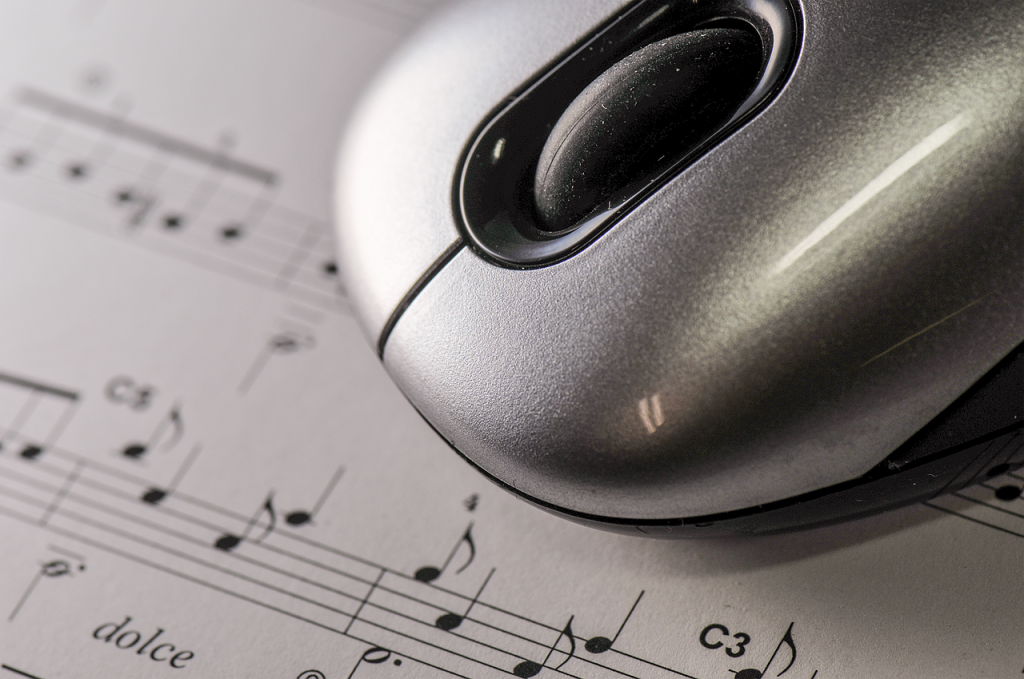 It’s now the rage for politicians and entrepreneurs to add spice to their advertisements with catchy songs. Even our favorite TV series will play background music that best describes the scene. Indeed, picture and words-only advertisements do not cut it these days. Music has taken the center stage of advertisement.
It’s now the rage for politicians and entrepreneurs to add spice to their advertisements with catchy songs. Even our favorite TV series will play background music that best describes the scene. Indeed, picture and words-only advertisements do not cut it these days. Music has taken the center stage of advertisement.
Why is it that people appreciate musical advertisements? And why is it that people remember the music more often than ad itself?
Not the same boring line
Gone are the days where sales pitches such as “This product is very effective!” or “We provide such and such,” can make an impact to the people. Can’t blame them on that score, not when they’ve been deceived by statements of products that supposedly bring results. Music makes advertisements more interesting to hear with its creative tunes and lyrics.
Entertainment
Catchy, happy soundtracks usually make advertisements more enjoyable to watch. If people hear the advertisement often, they usually acquire “last song (I’ve heard) syndrome.” They tend to memorize advertisements more effectively and some even sing and dance to the tune.
Emotional connection
Joshua Rabinowitz, musical director at Grey Group, states that music is the emotion in the spot.
Music takes emotion selling to the next level, a focal point in marketing. People buy products or services that they can relate to. Some of them may buy stuff because they need it, but most people would buy products or services because the advertisement creates desires in them. Watching a breakup scene with sorrowful music in the background would make anyone cry.
Songs tell stories, too
There’s a saying that music can convey what words could not. That’s why advertisements without dialogues can still attract viewers. Music creates substance to the message of the advertisement or movie it accompanies.
Music affects harmony of the story and understanding to the advertisement as well. Millward Brown conducted a study where both mellow and upbeat music were added in a beer advertisement. The ad with the mellow music was better received than the one with the upbeat music. It was found that upbeat music distracted the viewers from the conversations in the ad, which made it hard for them to follow the story.
A Fit for all Audiences
Musical advertisements, depending on the genre and message, are well received by the target market. For example, cute, upbeat jingles of Sesame Street helped the series to become a hit with the kids.
Having said all these, it’s clear that music enhances people’s attraction to advertisements. It’s a necessary accessory if businesses want their ads to be more noticeable and engaging.
